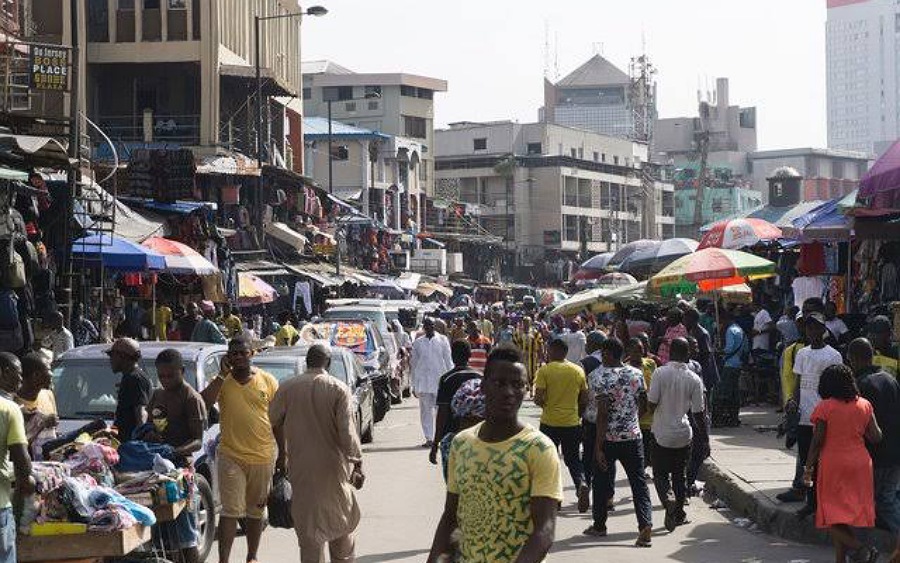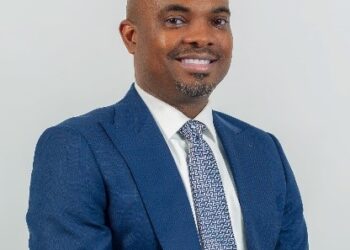The one thing we can agree on is that for sub-Saharan Africa’s reliance on its export income, there remains a lot to be done to translate this income into meaningful sustainable development for the majority of Africans.
Looking at the people component of development leads us to consider issues around equality, poverty eradication, building sustainable cities and commodities, and encouraging responsible consumption and production; overall, an approach to the enhancement of well-being.
This is a key component of the three pillars of sustainable development, the economic, the social, and the environmental, in other words, profit, people, and the planet.
Achieving any of the goals is impossible without the people component and this is why when we look at ESG (environment, social, and governance), a tool that is used to examine the performance of a company, it is important to emphasize the value that S, the social component contributes to the performance of the organization.
As Africa grapples with extractive industries, climate change vulnerability, and urgent developmental needs, companies of all sizes will face increased demands and expectations regarding their business conduct.
Yet, ESG priorities have not always been at the forefront for corporates and investors on the continent.
Yes, there is some focus on looking at the environment, and asking for governance – but it is vital that when we speak of governance, it is not performative but instrumental in how the business activities are conducted.
This is not easy, globally, and especially on the continent with weak institutions and an erosion of the social contract.
As the world’s most commodity-dependent region, sub-Saharan Africa relies on the export of petroleum products, coal, metals, and minerals for its income.
ESG-focused investments have garnered substantial traction globally, capturing significant investment dollars.
Over 2,250 money managers, collectively overseeing US$80 trillion in assets, have embraced the United Nations-backed Principles for Responsible Investment (UNPRI) since its inception in 2006.
What does it take?
Prioritizing the ‘social’ dimension of ESG across small, medium, and large-sized enterprises can result in positive social, environmental, and economic impacts across Africa.
Notably, a 2023 post by Neilan et al in the Harvard Law School Forum on Corporate Governance, highlighted some factors falling within the ‘S’—often related to customer or product quality, data security, industrial relations, or supply-chain issues—can build or ‘destroy value.’
Adapting the S&P outline, Chima Mordi of the Society for Corporate Governance identified the S component as the relations between a company and its people or institutions ‘inside’ and ‘outside’.
Thus positing that the stakeholders that organizations need to have relations with are the employees, management, consumers, vendors in the supply chain, government, community etc.
Stakeholder engagement and management have become even more important, especially during times of crisis, a company’s reputation depends on how it engages and manages its stakeholders, crucial for businesses seeking to grow, impact, mitigate risks and safeguard their reputation.
Stakeholder engagement and management serve as a barometer for corporate culture and responsibility. This includes internal and external stakeholders.
Charity as we are told, begins at home. Yet, for ESG and generally, for sustainability, it appears that charity is externally facing. It should start from within the organization. The organization’s responsibility to its people, and its workforce.
Workforce development stands out for me, as a key subset of the ‘S’.
Organizations need their people to succeed, to be able to thrive, and as such, building a solid workforce structure that minimizes labour disputes, enhances employee retention rates, and fosters diversity and inclusivity should be a priority, regardless of the size of the organization.
This foundation is essential for Africa’s progress.
Unleashing Africa’s Potential through the ‘S’ in ESG
Africa boasts the world’s youngest population, with over 60% of its people under the age of 25, a potential source of development catalysts, if harnessed.
The future of work requires that organizations have a strategy for workforce development and empowerment. This strategy should incorporate diversity, equity and inclusion.
How do we build more inclusive workplaces? Knowing that diversity presents organizations with perspectives that can differentiate them competitively in the marketplace.
I am particularly interested in how organizations are ready for a neurodivergent workforce and for people with physical disabilities.
By prioritizing workforce development, organizations contribute to the well-being of individuals and build trust and long-term relationships, solving productivity issues, attracting talented people, retaining staff, and improving their business outcomes.
Moreover, this results in a more cohesive organization with a strong work culture that clearly shows how they are seen and valued in the workplace.
The unprecedented impact of the COVID-19 crisis and the follow-up challenges have reshaped the business landscape.
Amid widespread economic uncertainty and sectoral challenges, how companies navigate and communicate their social responsibilities, especially to the people that work with them, will determine their long-term sustainability.
As Africa strives for sustainable development, prioritizing the ‘S’ in ESG can contribute to more resilient corporate cultures, improve business performance and drive social impact.
Written by Adun Okupe

















It would be great if business organisations across sub-Saharan Africa could support the deployment of these community driven development initiatives https://bit.ly/3vT0QUs in the rural communities from where they source their raw materials, as part of their ESG efforts